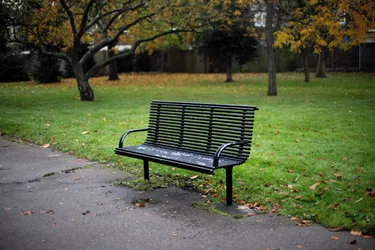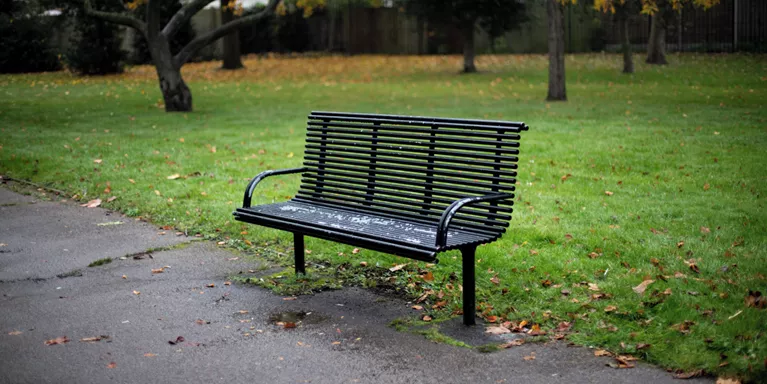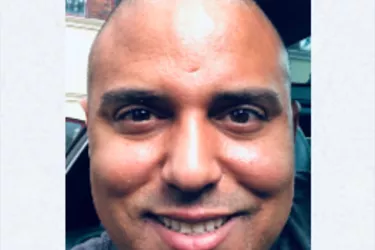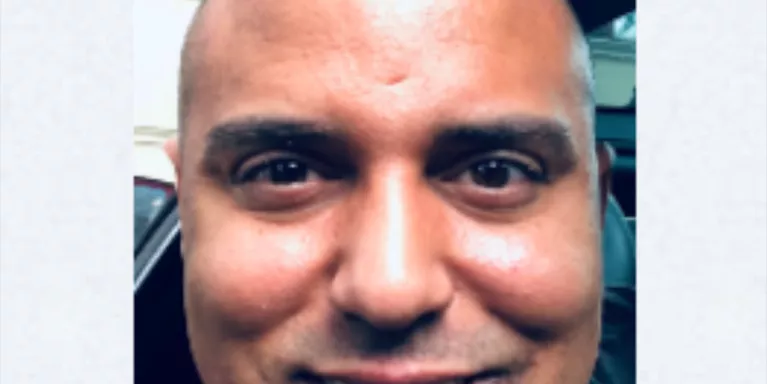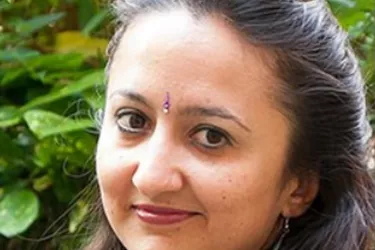One year on, are Police and Crime Commissioners delivering on mental health?
Our CEO, Paul Farmer, tells us what he thinks.
This week is the first anniversary of the election of Police and Crime Commissioners (PCCs) – members of the public elected to oversee local policing and hold Chief Constables to account.
The police are a vital part of our human rights safety net. They protect our rights to justice, equality and fairness. But they can also diminish our human rights. People with mental health problems have an equal right to these, but for far too many of us this is still not the reality.
We believe putting human rights at the heart of policing is crucial to meet the needs of people with mental health problems. PCCs are in a great position to make this happen so a year ago we asked our campaigners to write to their local PCC candidates asking them to pledge to do just that.
We’ve seen great examples of police providing excellent support to victims of crime with mental health problems. But too many are still not believed and their experience dismissed. Martyn Underhill, PCC for Dorset, has written about people with mental health problems ending up in police cells and chaired the first meeting of the national PCC Mental Health Working Group, where PCCs and representatives from other key partner agencies discuss some of the key concerns relating to mental health and policing.
In October, in partnership with Victim Support, we published groundbreaking new research revealing that people with mental health problems are up to ten times more likely to become victims of crime than the general population. We also found people are more likely to be repeat victims of crime, yet were far less likely to be satisfied with their treatment by police.
In interviews, many people with mental health problems described not being believed or even blamed when they attempted to report a crime to the police or seek help from other services. One interviewee told us that a police officer, on learning she had bipolar disorder, told her “Well, his offender’s barrister will tear you apart in court”. Understandably she took that to mean “why bother giving a statement? Your case isn’t worth pursuing if you have a mental health problem.”
A woman who’d been a victim of sexual violence told us “It was as if they were saying ‘it’s your own fault…are you sure this wasn’t a drunk mistake?’ And that was said twice and that is something that a person never forgets.”
We know if someone has a bad experience with a public service, they’re less likely to engage with that service again. So it’s vital the police get it right first time. One man told us, ‘If I’m punched or kicked or knocked down to the floor I just get up and walk away because I don’t want trouble in my life, [reporting to the police] can backfire and you can easily be labeled dangerous, and [a] risk to yourself, to the community and end up getting sectioned.’
People with mental health problems need to feel confident they’ll be taken seriously and treated properly when they report a crime. Police officers are also often the first to come into contact with people in a mental health crisis and, as such, need to be equipped and supported to know exactly what to do to provide the best possible service.
Hundreds of our campaigners have already emailed their local PCC to demand they prioritise mental health and listen to the views of people with mental health problems in developing policing policy and practice.
We welcome these developments, but there’s a long way to go. As they move into their second year in office, we hope PCCs will take up the challenge of making human rights a reality for everyone in their communities.
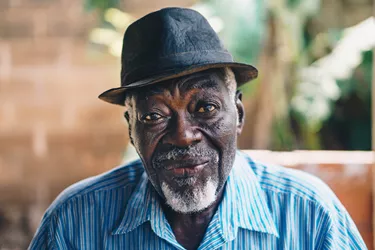

Our campaigns
We'll fight your corner. We believe everyone with a mental health problem should be able to access excellent care and services. We also believe you should be treated fairly, positively and with respect.
Share your story with others
Blogs and stories can show that people with mental health problems are cared about, understood and listened to. We can use it to challenge the status quo and change attitudes.










